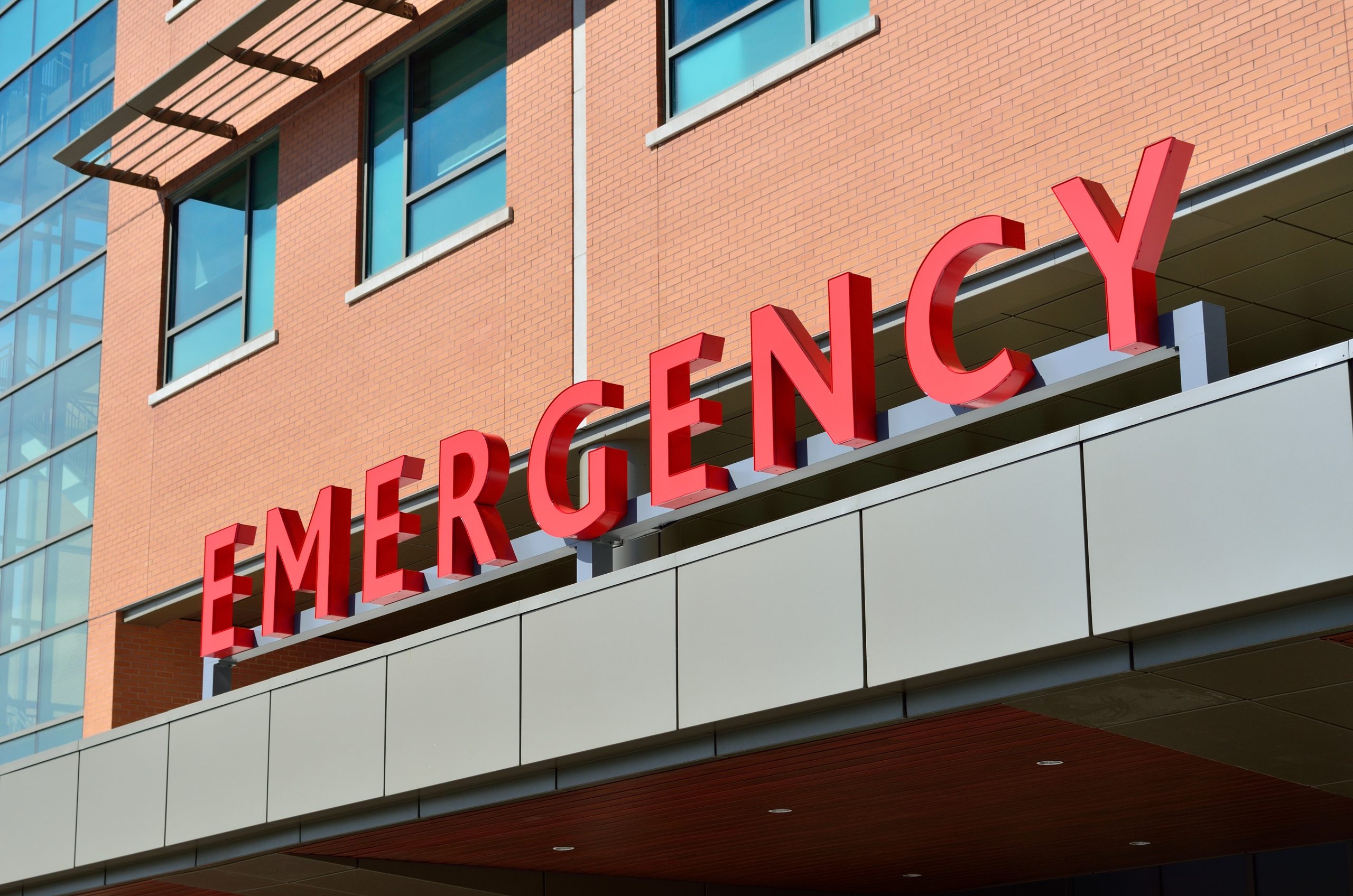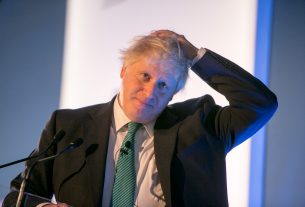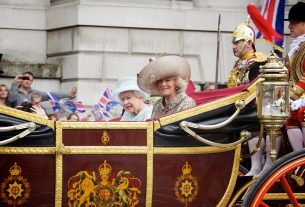The NHS is “imploding” and facing a “catastrophe” that experts says risks becoming a “national emergency” following a raft of figures released this week which could end up costing Boris Johnson the general election.
NHS England’s figures show the health service is performing at its worst levels in history while another report highlights worsening staff shortages that has seen the numbers of nurse vacancies rise by 17% in the last three months alone.
“The government must immediately investigate this sudden spike,” said the Royal College of Nursing’s Tom Sandford following the release of the NHS Improvement report. A chief analyst at the King’s Fund think tank said the nursing shortage risked becoming a “national emergency”.
A report by NHS England found A&E patients, cancer patients and patients on waiting lists are enduring the longest waits in NHS history for care and treatment expected under targets.
NHS as important as Brexit to voters
The NHS is regarded as as-important to voters as Brexit ahead of the December 12 general election. Boris Johnson’s special advisor Dominic Cummings has repeatedly said the £350m promise emblazoned on the side of the Leave campaign’s red bus won the referendum. The highly contentious pledge about sending the EU £350m every week – “let’s fund our NHS instead” – means the two issues are permanently linked in the minds of British voters.
ITV’s political editor Robert Peston writes that Cummings “will be aware that the stats on long waits for surgery, or in A&E or for life saving cancer treatment are not just numbers. They capture the dispiriting experience of both medical staff and doctors.”
Peston quotes a long serving consultant who said of the NHS: “It’s imploding. No new nurse or doctor recruitment is possible at the moment because of Brexit, the pension issue and the NHS bursary. The figures reflect exactly what we see on the ground.”
Brexit has hit recruitment with anxiety over free movement.
The pension issue is forcing doctors and consultants to retire early or reduce their working week to prevent big tax bills on their pension contributions.
The NHS bursary means there is less money for nurse training.
Johnson repeated the promise of “6,000 more GPS and tens-of-thousands of new nurses” in a BBC Radio 5 Live interview and phone-in on Friday morning.
NHS performing at “worst ever” levels
The figures released by NHS England show 4.42 million patients are on waiting lists for treatment – the highest ever number – while one-in-six A&E patients in England waited longer than four hours, the worst ever performance since targets were introduced under Tony Blair’s Labour government in 2004.
The target of having A&E patients treated or admitted within four hours is 95% but has not been met since July 2015. In October 2019 it was just 83.6% of A&E patients in England.The figures for Scotland, Wales and Northern Ireland are even worse.
The target for patients to be on waiting lists less than 18 weeks is 92% but October’s figures show just 84.8% being seen within the timeframe – the worst performance since 2012 when the target was introduced by David Cameron’s Conservative-Liberal Democrat coalition government. The target has not been hit since February 2016.
The target for cancer patients to start treatment within 62 days is 85% – in October it was just 76.9%. The target has not been hit since December 2015.
‘Disgraceful’ says Labour leader
Labour leader Jeremy Corbyn – whose party has unveiled a £26 billion cash injection “rescue plan” for the NHS during the general election campaign – described the A&E performance figures and cancer waiting times as “disgraceful”.
He said: “The four-hour limit of seeing people was brought in under the previous Labour government, as was the two-week wait for cancer treatment. Neither of which are being met across the whole country.”
‘Better than ever’ says Tory health secretary
Health secretary Matt Hancock responded by saying the NHS is, in many ways actually performing better than ever with the number of operations carried out rising 7% over the last 12 months.
He told BBC Radio 4’s World at One: “The performance of the system is incredible. The people who are working in the NHS are doing a remarkable job.
“We are putting record amounts of funding in over the next four years. We have got record numbers of doctors and nurses, with more to come.
‘Staggeringly out of touch’
Shadow health secretary Jonathan Ashworth described the comments as “staggeringly out of touch” and added: “Matt Hancock is clueless about the levels of pain and misery he and his Tory cuts have caused patients. He insists ‘in many ways the NHS is performing better than it ever has’ on the day it’s confirmed the NHS A&E performance is the worst ever.”
Brexit’s impact on NHS staffing
Figures released this week show an overall staffing shortage of 108,000 across the NHS meaning 9.2% of posts are not filled.
There is a shortage of nearly 42,000 nurses in the NHS – meaning 11.8% of nurse posts are not filled; and a shortage of 11,500 doctors (9.3% of posts).
This is on top of at least another 122,000 vacancies in social care revealed in a separate report by the Kingsfund which highlighted the severe staff shortages in adult social care. The report states that vacancies “currently totalling 122,000, with around 9 per cent of care worker roles unfilled” are rising.
The report continues: “International recruitment is a key factor in addressing these vacancies. Brexit and immigration policy will have an impact on the ability of the NHS and social care providers to successfully fill these vacancies.”
Doctors:
The same report sates the UK “has a greater proportion of doctors who qualified abroad than any other European country, except Ireland and Norway”, and that “the number of non-EEA doctors joining the register doubled between 2014 and 2017.”
Nursing:
The Kingsfund report says “in 2018/19 only 968 nurses and midwives from the EEA joined the Nursing and Midwifery Council’s (NMC) register, a decrease of 91 per cent since 2015/16.” The shortfall was partially addressed by recruiting non-EEA nurses – 6,157 NMC registrants joiing in 2018-19, an increase of 126%.
“However,” the report states, “even with both EEA and non-EEA registrants taken into account, these figures are considerably below the peak of around 16,000 international nurses on the NMC register in 2001/02. Although there are other contributing factors, including the introduction of new English language requirements in 2016, Brexit has had a significant impact.”
The challenge of staff shortages in the NHS are “real” says the Kingsfund – an independent charity working to improve health and care in England – whose calculations show an additional 5,000 internationally recruited nurses are needed each year just to prevent the current staff shortages worsening.




